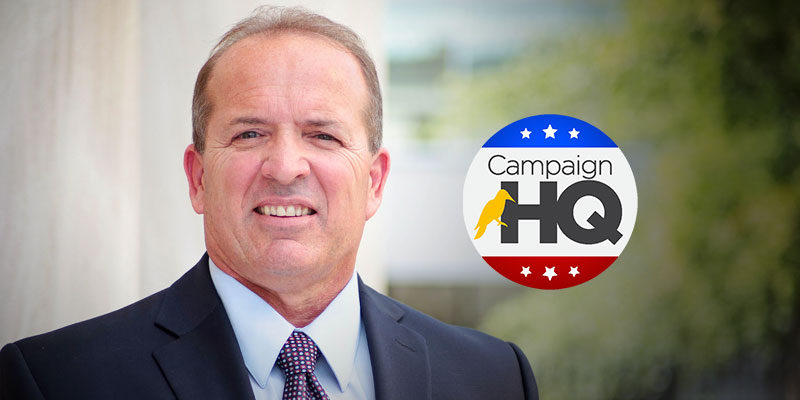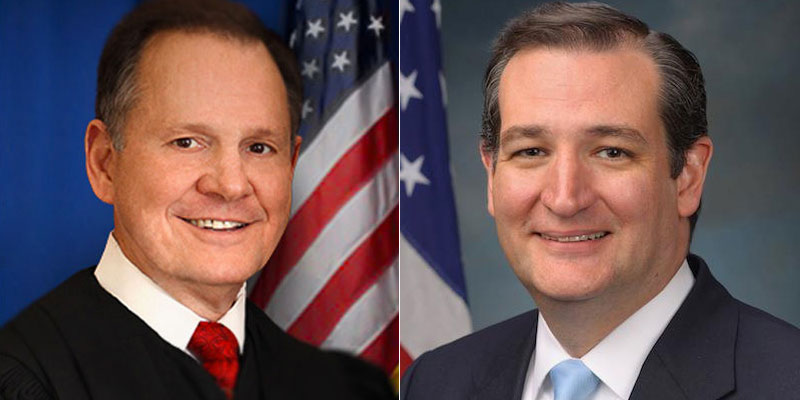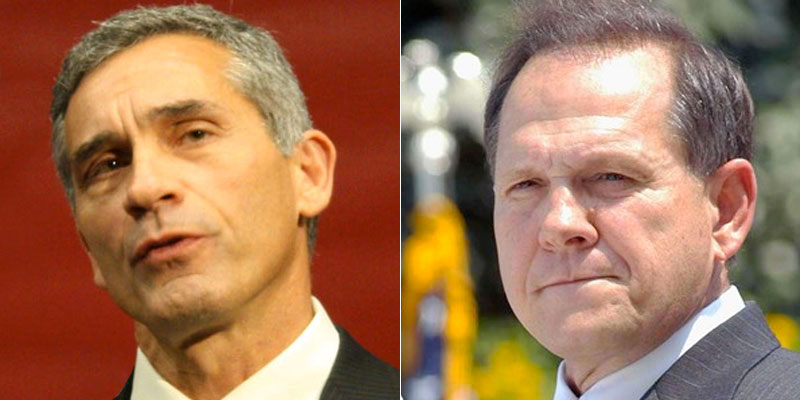
The Post’s Ezra Klein passes along a nugget from last week’s Scott Walker media tour that grants one a glimpse into his theory against divided government:
Walker did something amazing at this breakfast. He did something I’ve never seen a presidential aspirant do. When asked about the gridlock and polarization in Washington, he refused to say he could bring the two parties together. Instead, he made the case for unified government. “For years, the conventional wisdom was that Americans want divided government,” he said. “I think they’ve seen in the last few years that that’s not necessarily a good thing. Instead of checks and balances you get a lot of gridlock.”
Walker’s position is fueled by his own 2012 recall experience, when he beat back a Democratic effort to dislodge him from office due to a bold, controversial policy agenda.
But the Wisconsin governor contends that big and bold requires getting everyone on the same team.
“What we learned in Wisconsin and what many of the other battleground states, particularly in the Midwest, learned during the 2010 election, was that if you want to get big, bold reform done in your state you need a team to help you do that. So in our case everything switched from Democratic control to Republican control in 2010 and that empowered us to go out and make reforms that would’ve been much more difficult without those changes.”
Members of the media, and especially debate moderators, love posing politicians with the question of how they’d work to bring both sides together. ”Name a Democrat you respect or could work with . . . How would YOU bridge the partisan divide?”
Klein’s right to flag that Walker is indicating he might not deliver the kumbaya answer.
Walker won’t run as “the candidate of polarization,” but he may try to say that nominating/electing him will bring a majority into the fold due to the power of his ideas, not because he’s willing to compromise — but because simply, he not only has superior policy models but also is savvier about winning the battle of public opinion over them.
Follow Dave’s blog at TheRun2016.com












